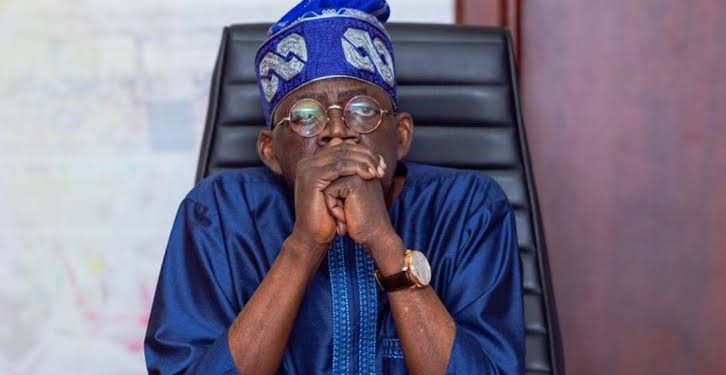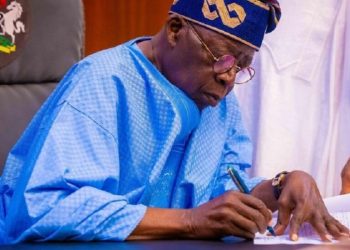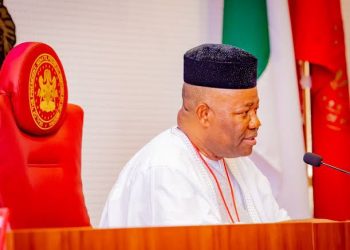Amidst worsening foreign exchange crisis, the International Monetary Fund (IMF) has announced that the Tinubu-led administration has, through the backdoor, resumed the payment of subsidies on the premium motor spirit (PMS), otherwise known as petrol.
DAILY GIST recalls that President Bola Tinubu had during his swearing-in announced an end to petrol subsidy.
The development, however has triggered a hike in the prices of goods and services across the country.
A few weeks later, the Central Bank of Nigeria (CBN) announced the unification of nation’s multiple exchange rates to allow for a free float of the naira against the dollar.
The foreign exchange rate is currently N1,499/$1 at the official window and N1,515/$1 at the parallel market.
The IMF issued a statement on the conclusion of its Executive Board’s Post Financing Assessment with Nigeria, and it expressed concerns that the government had capped the prices of fuel at retail stations.
The global lender advised the administration of President Tinubu to completely stop the payment of subsidies on petrol to free funds to run the government.
However, prominent Nigerians and regional groups had at different times scolded the IMF for what they described as “anti-masses policies”, and called on Nigerian government to explore home grown options that would fix the economy and better the life of the people.
While others currently sell the PMS above N600, After the removal of the petrol subsidy in May 2023, the pump price changed from N185 per litre to N400 per litre and then to N568 per litre at NNPC filing stations.
Though the government had stated that the prices would fluctuate after subsidy removal from time to time however the pump price has remained steady despite the unstable prices of crude oil in the global market.
In a statement issued, the IMF was quoted as saying “capped retail fuel and electricity prices” ostensibly to “ease the impact of rapidly rising inflation on living conditions,” “thus partially reversing the fuel subsidy removal.”
The global lender, however noted further that, “Fuel and electricity subsidies are costly, do not reach those that most need government support and should be phased out completely.”
The IMF commended the government’s focus on revenue mobilization and digitalization, adding that this will improve public service delivery, safeguard fiscal sustainability and eliminate the need for CBN financing through ways and means, which have grown above N20 trillion









